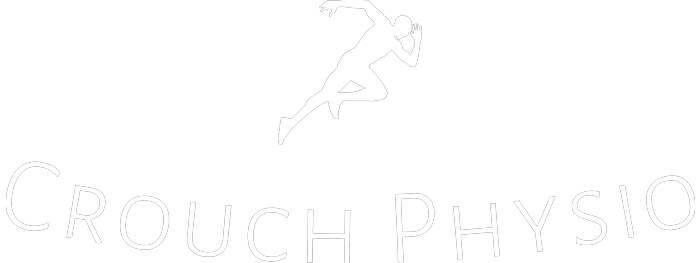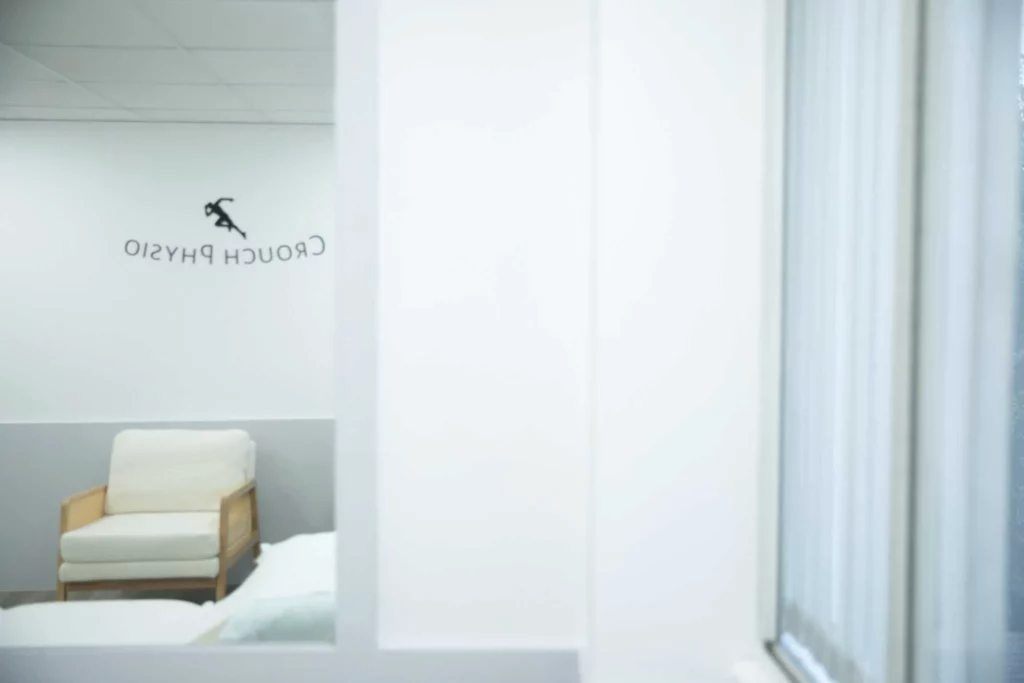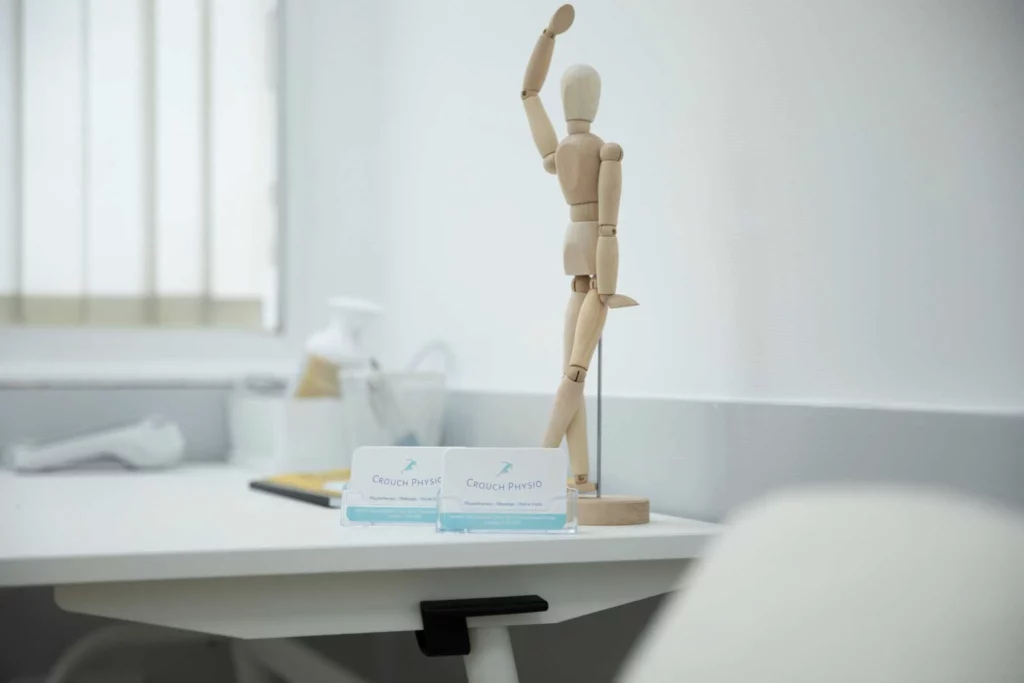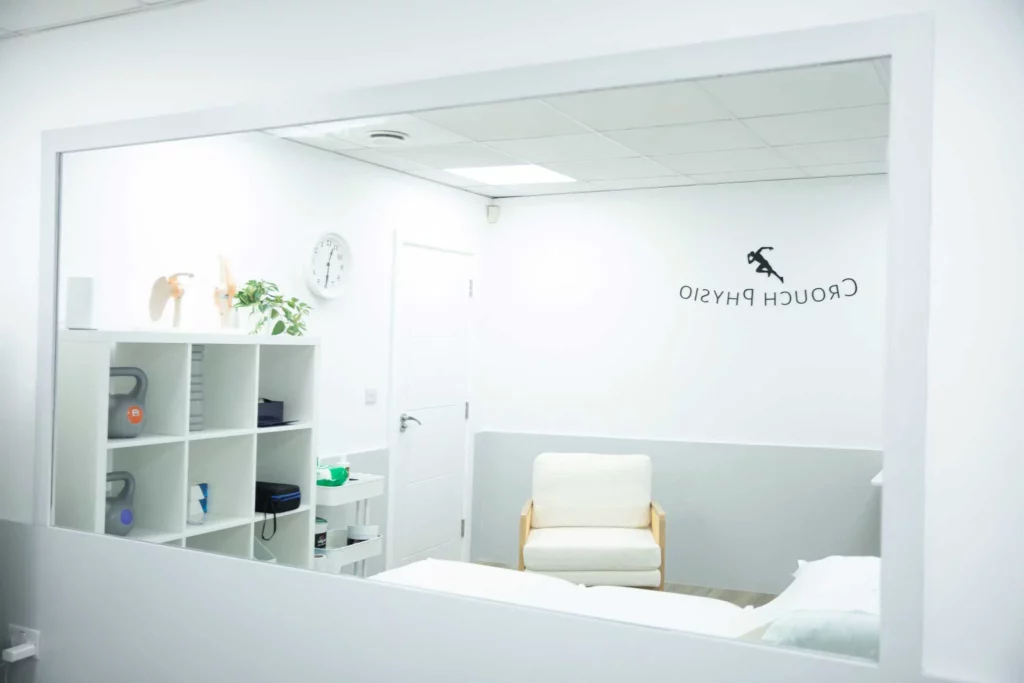Rotator Cuff Injury
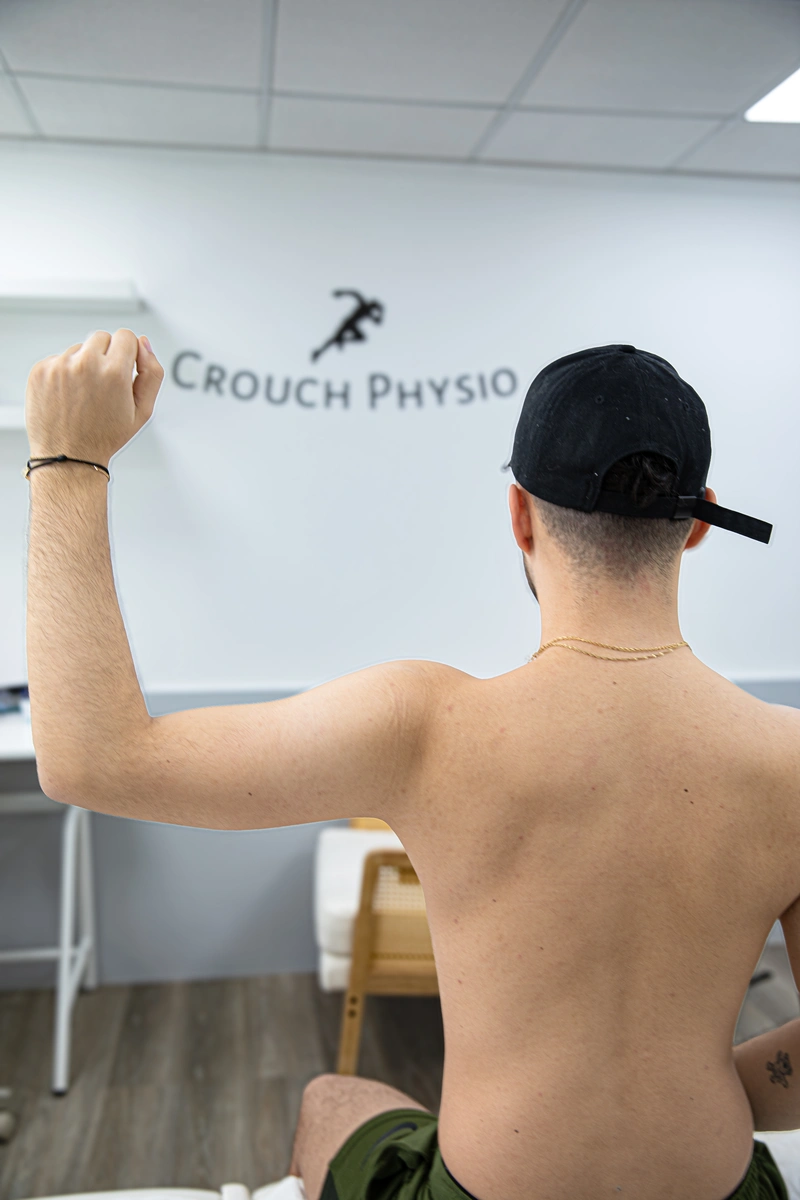
What is Rotator cuff injury?
Rotator cuff injuries are a common issue affecting the group of muscles and tendons surrounding the shoulder joint, aiding in the stability and movement of the upper arm. These injuries can vary from mild inflammation (tendonitis) to complete tears.
Patient Pain Symptoms/Presentation
- Pain: Patients typically experience pain in the shoulder, particularly when lifting the arm or reaching overhead. The pain can range from a dull ache to sharp and intense.
- Weakness: Weakness in the affected shoulder is common, making it challenging to perform activities requiring lifting or reaching.
- Limited Range of Motion: Patients may struggle with moving their shoulder, especially when attempting to raise or rotate their arm.
- Night Pain: Pain may intensify at night, particularly when lying on the affected shoulder
- Crepitus Sensation: Some patients may perceive or hear a crackling sensation when moving their shoulder.
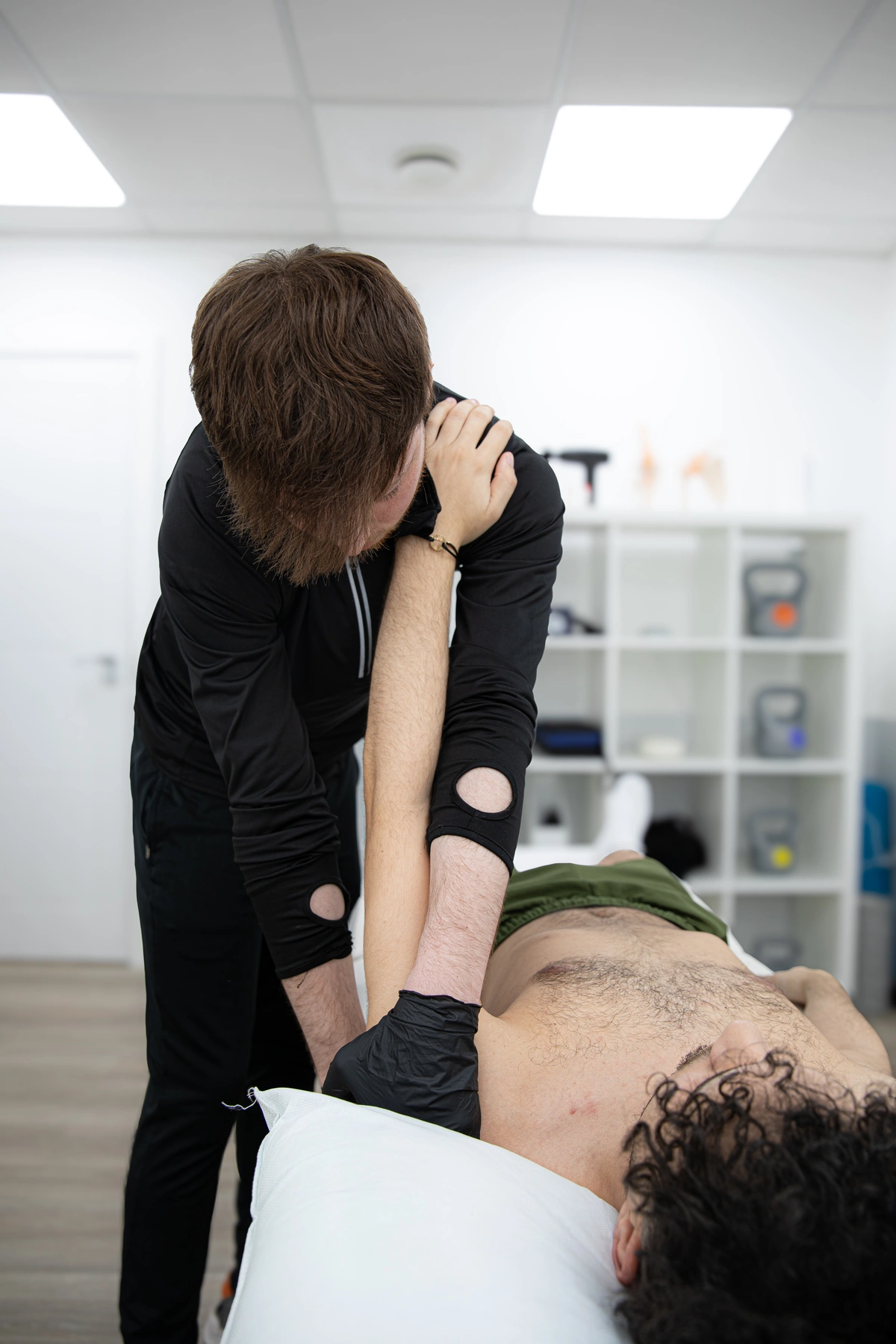
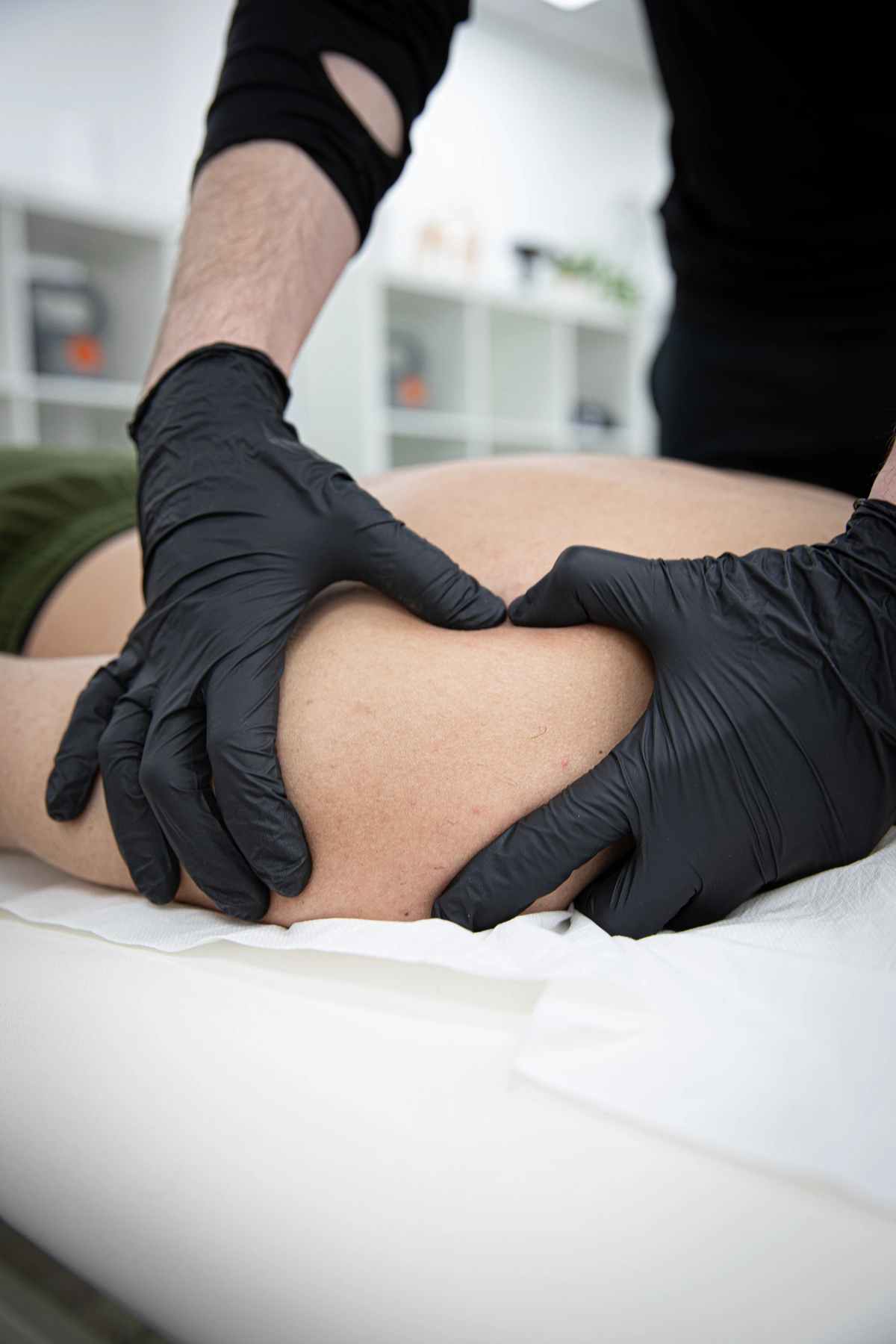
Tests to Rule In/Out Pathology
- Physical Examination: A thorough physical examination by a healthcare professional, including palpation, range of motion testing, and strength assessment, can aid in identifying specific areas of pain and weakness.
- Imaging Studies: X-rays can exclude other causes of shoulder pain, such as fractures or arthritis. Magnetic resonance imaging (MRI) or ultrasound may be utilised to visualise soft tissues, like the rotator cuff tendons, to confirm the diagnosis and assess the injury's severity.
Treatment Methods
- Rest and Activity Modification: Resting the affected shoulder and avoiding exacerbating activities can reduce inflammation and promote healing.
- Physiotherapy: A physiotherapist can prescribe tailored exercises to strengthen the rotator cuff muscles, improve shoulder stability, and enhance range of motion. These exercises may include stretching, resistance training, and functional movements.
- Pain Management: Nonsteroidal anti-inflammatory drugs (NSAIDs) or corticosteroid injections may be prescribed to alleviate pain and inflammation.
- Surgical Intervention: In severe cases of rotator cuff tears unresponsive to conservative treatment, surgery may be necessary to repair the torn tendon.
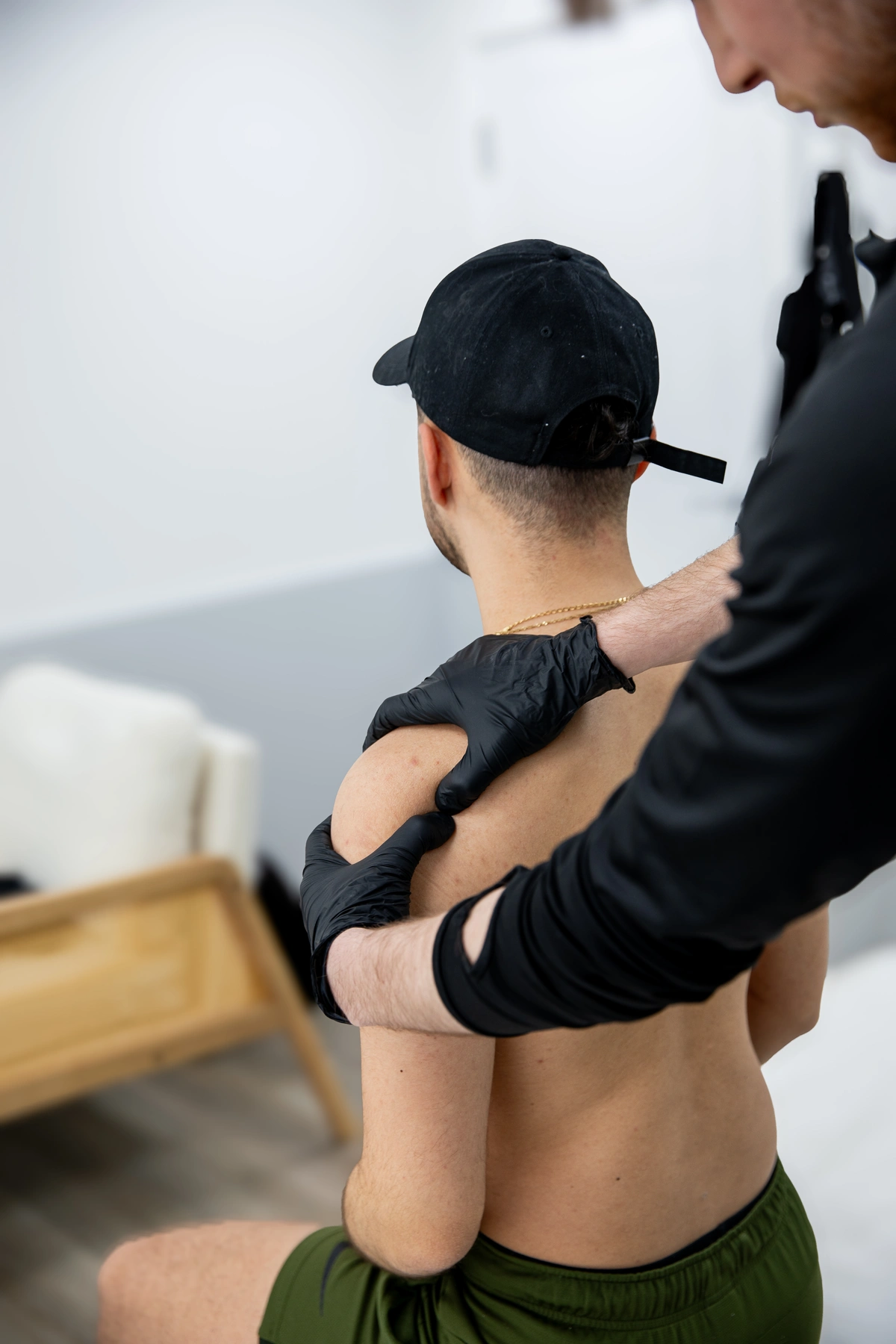
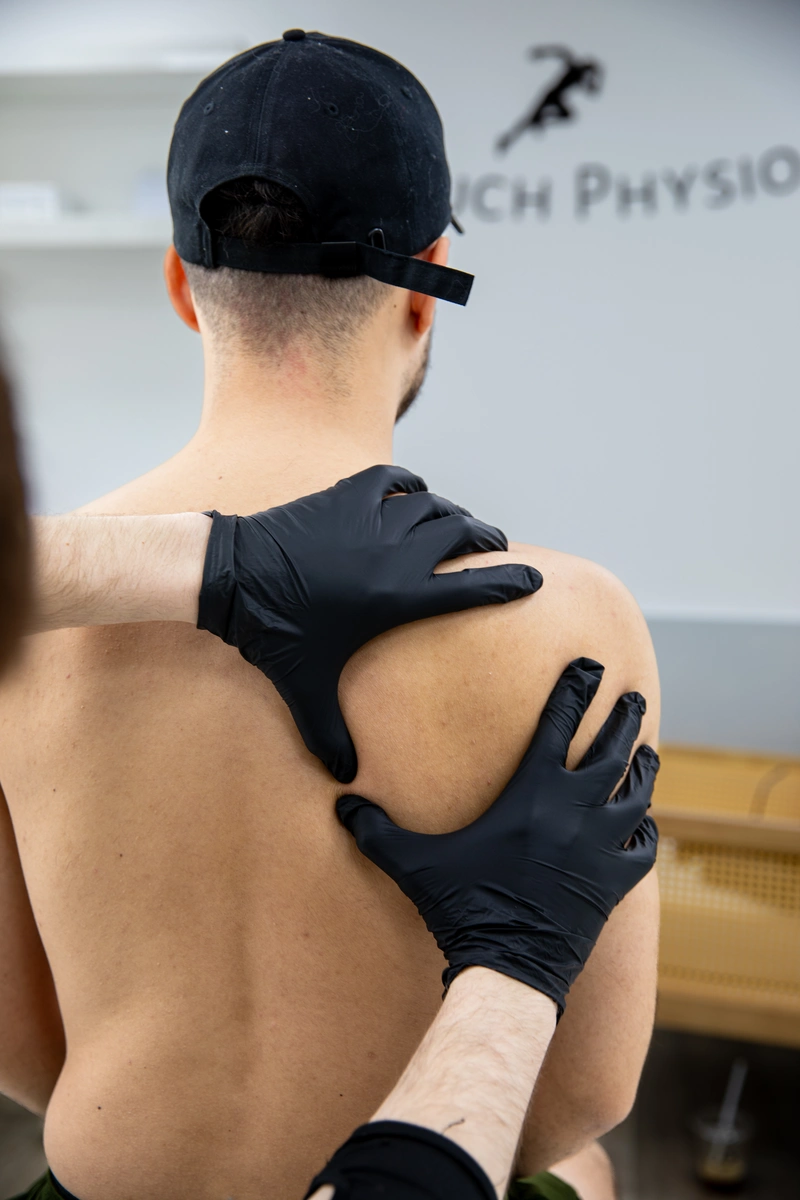
Advice from a Physiotherapist's Perspective
- Adherence to Treatment: Stress the importance of following the prescribed treatment plan, including exercises and activity modification, to aid healing and prevent further injury.
- Gradual Return to Activity: Encourage patients to gradually reintroduce activities and exercises as symptoms improve, avoiding overexertion of the shoulder.
- Correct Technique: Educate patients on proper lifting and shoulder mechanics to prevent re-injury. Emphasise maintaining good posture and avoiding repetitive overhead movements.
- Lifestyle Adjustments: Advise patients to make lifestyle changes, such as maintaining a healthy weight and avoiding activities placing excessive strain on the shoulder, to reduce the risk of future injuries.
- Regular Follow-Up: Schedule regular follow-up appointments to monitor progress, adjust treatment plans as needed, and address any concerns or questions the patient may have.
